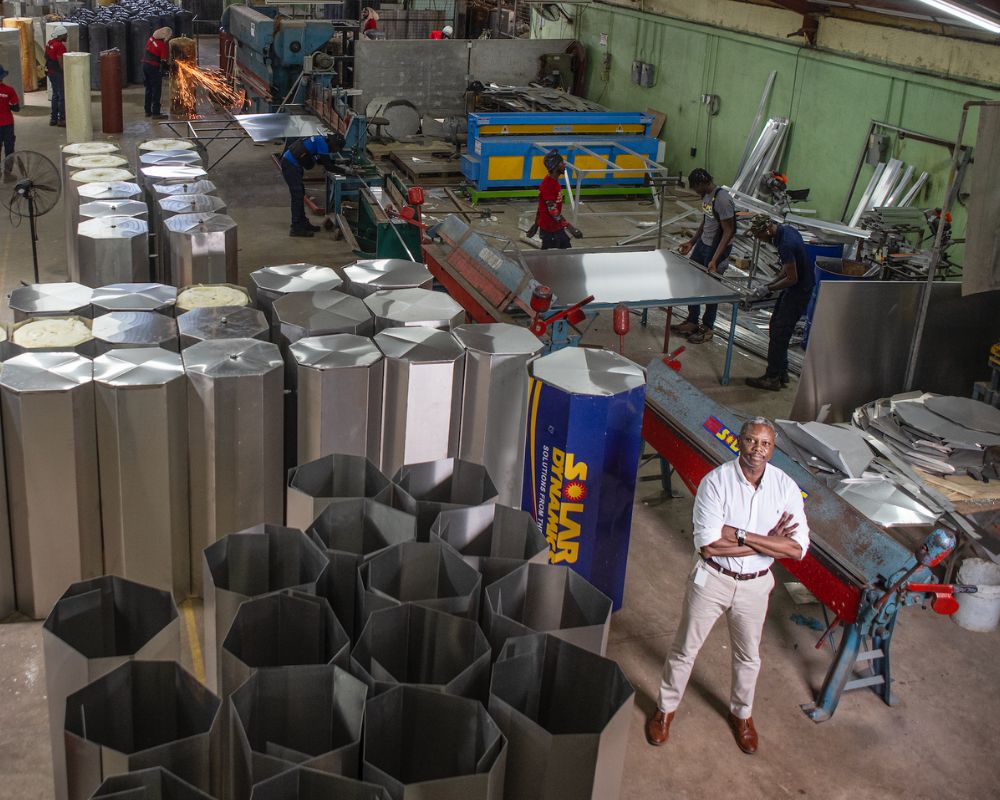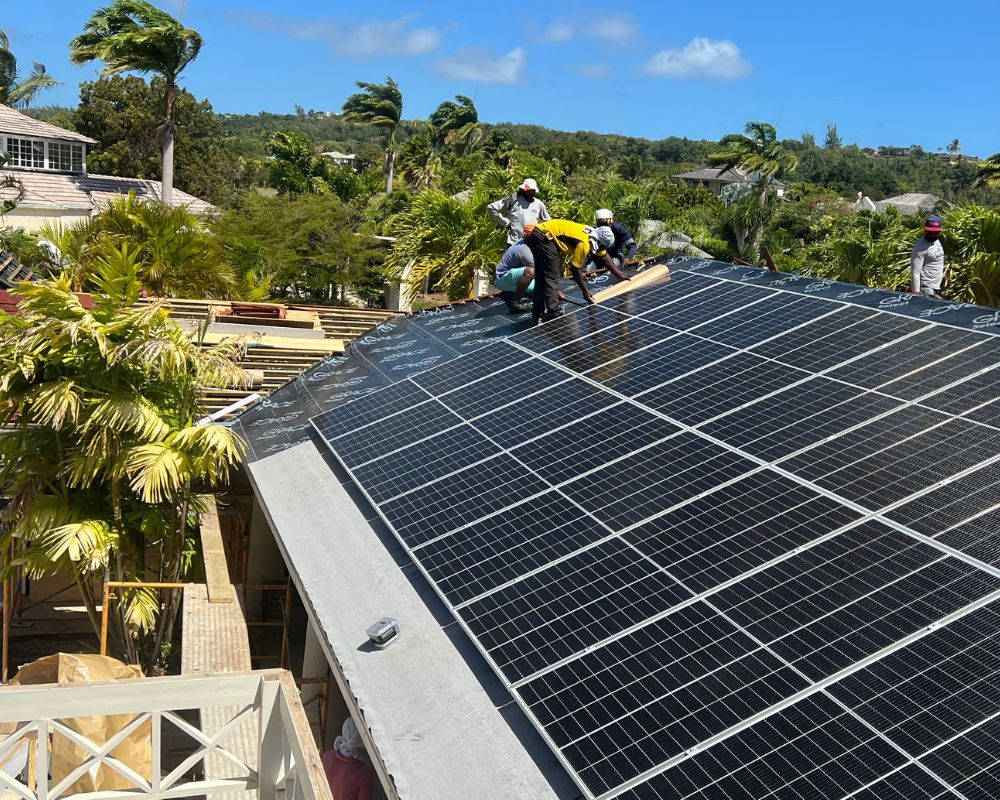-45.jpeg)
The United Nations Climate Change Conference (COP28) closed on 13 December, after extended negotiations, with 198 countries agreeing to deliver on climate action by transitioning away from fossil fuels to achieve net zero by 2050. Whilst some of the final text of The UAE Consensus led to extended debate on the language around the commitment to phasing out fossil fuels, the agreement was hailed as ‘historic’ for signaling the “beginning of the end” of the fossil fuel era.
One of the notable successes of COP28 was achieved on day one of conference, with the agreement on a Loss and Damage Fund to help the most vulnerable developing countries cope with the unavoidable devastating impacts of climate change. At the close of the COP28, the Fund had received pledges of USD $770.6 million. Barbados and other small island developing states had been pushing for action on loss on damage for many years and, although not perfect, the Fund does mark a significant breakthrough. Questions remain about how the Fund will be administered and funded going forward, as the current level of pledges are a long way from the $100 billion proposed, as the minimum facility, by developing countries including those in Africa, Latin America, Asia-Pacific and small island states.
The Prime Minister of Barbados, The Honourable Mia Amor Mottley continued to be a prominent voice for Caribbean and small island states at COP28, where she urged countries to consider using taxation to bridge the climate finance gap. According to the Prime Minister, USD $420 million could be raised with a 0.1% tax on global financial services and suggested that funding could be raised by taxing the profits of the oil and gas and shipping industries, the former being estimated at USD $4 trillion in 2022.
Other areas of climate financing announced at COP28 included:
• The host country, UAE’s launch of ALTÉRRA, a USD $30 billion catalytic private finance vehicle, which seeks to mobilize a total of USD $250 billion for global climate investments with a focus on emerging markets and developing economies. The new facility has two components -ALTÉRRA ACCELERATION – a USD $25 billion platform to “steer institutional capital towards climate investments that can accelerate the transition to a Net Zero and climate-resilient economy”; and ALTÉRRA TRANSFORMATION – at USD $5 billion, will “provide risk mitigation capital to incentivize investment flows into the Global South.”
• The Inter-American Development Bank ("IDB”) and other multilateral development banks ("MDBs”) announced common principles to track nature positive financing. Essentially, the MDBs, define nature positive financing as financing that "...supports, actions that protect, restore or enhance the sustainable use and management of nature, or enable these actions, contributing to the implementation of the Global Biodiversity Framework…” The financing instruments are expected to include but not be limited to investment loans, policy-based financing, results-based financing instruments, equity investments, MDB assistance to clients in developing sustainable or thematic bonds, guarantees, credit lines, advisory services, and grants. Additionally, IDB also committed to tripling its climate related financing over the next 10 years to USD $150 million.
• The Green Climate Fund (GCF) announced the launch of a new co-investment platform to support national and regional blue economy frameworks coordinated through the Caribbean Development Bank and Caribbean Climate Change Community Centre. The platform aims to boost “investment in innovative financing projects with the potential for scaling up or replication – such as blue carbon credits from Caribbean seagrass – to microfinance facilities for small businesses.”
The GCF has already partnered with the Government of Barbados on establishing a new Blue Green Bank in the country, which aims to unlock funds through securities and loans to back projects dedicated to climate change mitigation and adaptation.
Barbados has been an early adopter of innovative finance mechanism, in addition to the Blue Green Bank, the country has made use blue bonds as a means of restructuring debt to finance climate resilience. A recent KPMG report - Blue bonds and climate finance in island economies - KPMG Barbados profiled this innovation, as an example of the creativity small island economies are demonstrating in trying to plug climate financing gaps.
While progress has been made during COP28, the focus on climate finance for developing countries, as well as a just transition to net zero, will likely remain top of the agenda for next year’s COP29 in Azerbaijan, where we can expect Barbados and other small island economies to continue to pressure for climate justice and a more equitable global financial system.





-4.png)









